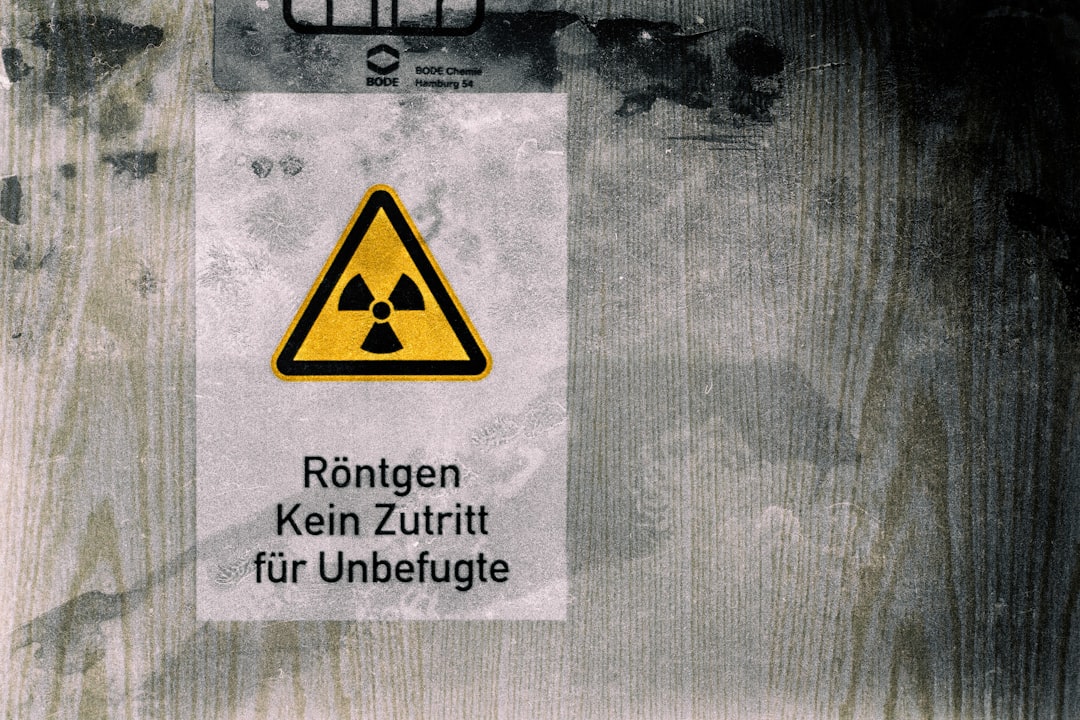What is it about?
Older adults undergo a progressive decline in cardiorespiratory fitness and functional capacity. This lower peak oxygen uptake (VO2peak) level is associated with increased risk of frailty, dependency, loss of autonomy, and mortality from all causes. Regular physical activity and particularly aerobic training (AT) have been shown to contribute to better and healthy aging. We conducted a meta-analysis to measure the exact benefit of AT on VO2peak in seniors aged 70 years or older. A comprehensive, systematic database search for articles was performed in Embase, Medline, PubMed Central, Science Direct, Scopus, and Web of Science using key words. Two reviewers independently assessed interventional studies for potential inclusion. Ten randomized controlled trials (RCTs) were included totaling 348 seniors aged 70 years or older. Across the trials, no high risk of bias was measured and all considered open-label arms for controls.
Featured Image
Why is it important?
With significant heterogeneity between the RCTs (all p < 0.001), pooled analyses were computed for VO2peak. Not only was VO2peak found significantly higher in the training group compared to controls (mean difference [MD] = 1.56; 95% confidence interval [CI]: 0.90-2.23) in pooled analysis of the 10 RCTs but also when the analysis was adjusted on the participants' health statuses. MD among healthy and unhealthy seniors were, respectively, 1.72 (95% CI: 0.34-3.10) and 1.47 (95% CI: 0.60-2.34).
Perspectives
This meta-analysis confirms the AT-associated benefits on VO2peak in healthy and unhealthy seniors.
Dr Walid Bouaziz
Geriatric Department, University Hospital, Strasbourg
Read the Original
This page is a summary of: Effect of Aerobic Training on Peak Oxygen Uptake Among Seniors Aged 70 or Older: A Meta-Analysis of Randomized Controlled Trials, Rejuvenation Research, January 2018, Mary Ann Liebert Inc,
DOI: 10.1089/rej.2017.1988.
You can read the full text:
Contributors
The following have contributed to this page










